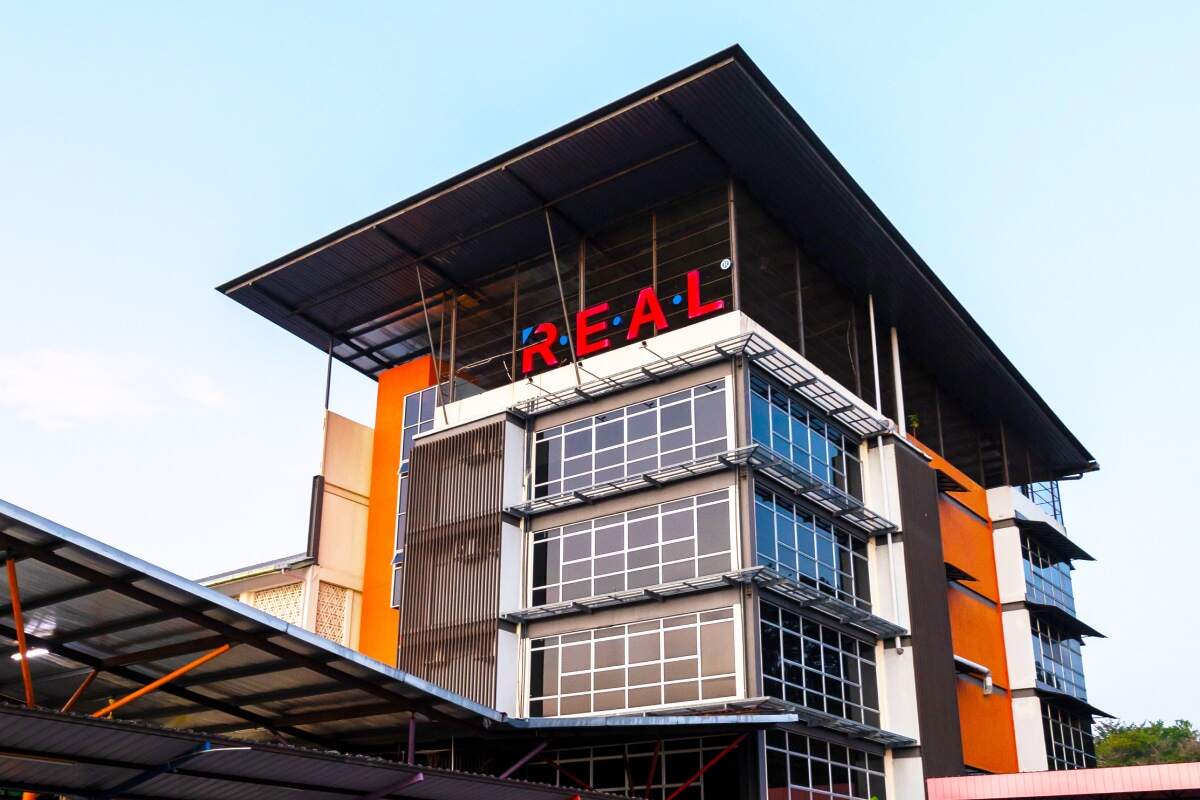Introduction
Financial literacy is a crucial life skill, but it’s often taught without context to ethics. At REAL Schools, we integrate KAFA with financial and business education to cultivate morally guided, financially wise individuals.
Instilling Halal Financial Awareness Early
Through KAFA, students learn the basics of halal and haram in financial dealings. This includes avoiding riba (interest) and embracing fair trade—concepts that are essential for anyone looking to enter Islamic finance or ethical banking sectors.
KAFA as a Foundation for Islamic Financial Literacy
REAL Schools uses KAFA to help students understand the ethical obligations in money management. Budgeting, charity (zakat), and saving are introduced with real-world applications so students can connect their values to financial choices.
Supporting Entrepreneurial Thinking Within Shariah
Business clubs and KAFA lessons work hand-in-hand. Students pitch ideas while learning how to apply Shariah-compliant business principles—setting the stage for future entrepreneurs grounded in faith and integrity.
Linking Financial Responsibility to Spiritual Discipline
KAFA instills discipline through lessons on daily prayer and fasting. These same principles of consistency and responsibility are reinforced in lessons on savings, spending, and giving back.
Preparing for Malaysia’s Growing Islamic Finance Sector
Malaysia is a global hub for Islamic finance. REAL Schools prepares students to thrive in this sector by offering KAFA teachings that align with the values and requirements of Shariah-based financial services.
Conclusion
REAL Schools’ integration of KAFA with financial literacy education empowers students to become financially responsible individuals rooted in ethical and Islamic principles—perfectly aligned with Malaysia’s growing financial services landscape.

